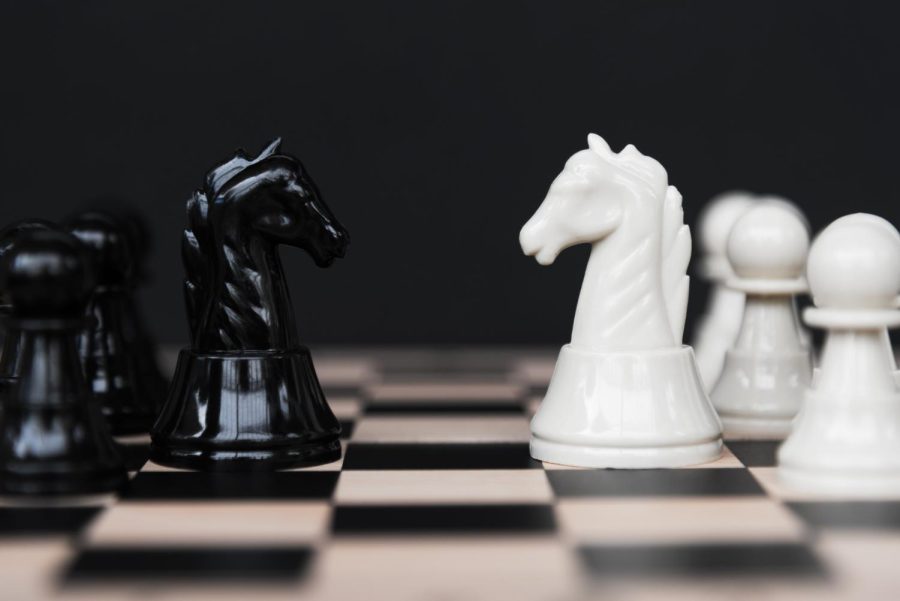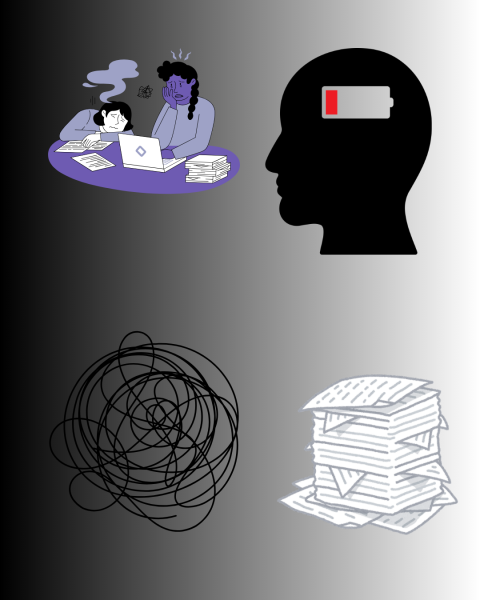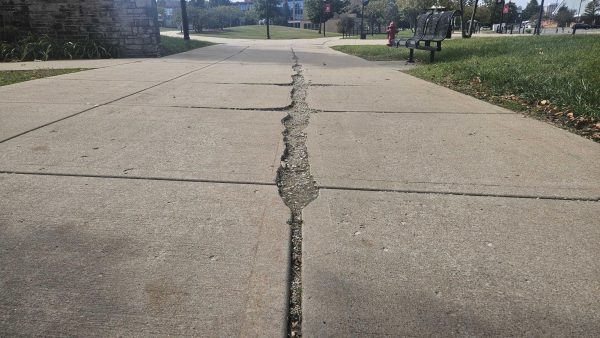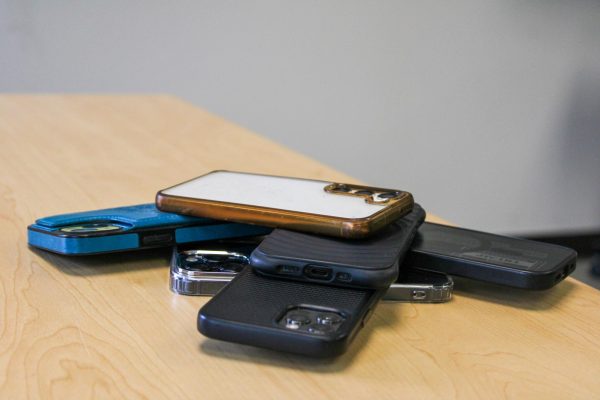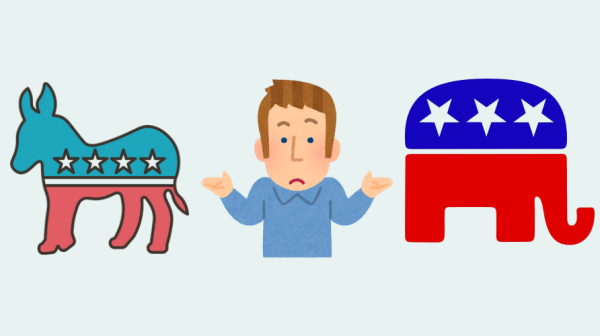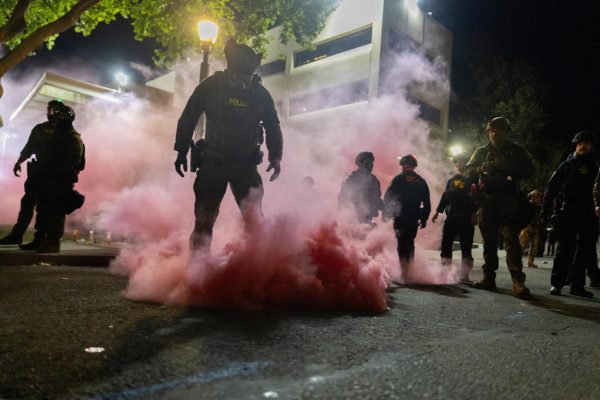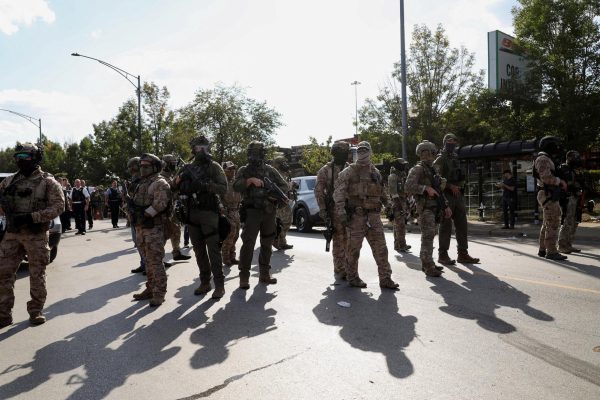Checkmate: Did a rook beat a king?
There’s been an obscene amount of drama mushrooming within the chess community since Sept. 4 due to the tantrum of the sport’s all-time highest rated player and current world chess champion, Magnus Carlsen.
19-year-old Grandmaster Hans Niemann, the lowest rated player at this year’s Sinquefield Cup, crushed the world champion with his black pieces – ending Carlsen’s 53-game win streak of classical over-the-board chess. Instead of celebrating Niemann’s historic win, the chess world raised its eyebrows. The very next day, Carlsen withdrew from the tournament without much formal explanation. Then, hours later on Twitter, he subtly implied that he suspects Niemann of cheating. It’s at this point the drama became gossip.
While event organizers have denounced all foul play accusations, validating Niemann’s victory, chess enthusiasts have not let up. Several of chess’ biggest celebrities have called out Niemann for suspicious behavior, provoking a tsunami of their fans to jump on the “Niemann is cheating” bandwagon, despite there being no evidence of foul play.
Niemann has denied having cheated.“The chess speaks for itself,” Niemann said in the post-game interview.
Cheating during an over-the-board game of chess is immensely difficult and rare, though it has happened in the past. The tinfoil hat conspiracy is that Niemann had a Raspberry Pi computer hidden somewhere on his person which communicated moves calculated by a chess engine computer via vibrations. While this could technically be possible, there is zero evidence to support this theory and not sufficient evidence to accuse Niemann of foul play.
Junior year accounting major and President of NIU’s chess club Jacob Jovanovich came to Niemann’s defense.
“I am no grandmaster, but I believe Hans Niemann is innocent. I think Hans played the best game of his life on a day where Magnus was struggling,” Jovanovich said. “The issue with over-the-board cheating is that it is nearly impossible to prove. The fact that Hans is a grandmaster makes the allegations even more difficult to prove. He would theoretically only need to cheat on one or two moves to win a game.”
Billed as a “cheating scandal” by numerous big name publications, the only scandal is labeling Niemann guilty before proven innocent because Carlesen wasn’t a good sport about losing to a teenager.
There is no fair reason for the chess community to have to respond aggressively against a promising young chess player. The achievement of a lifetime has been overshadowed, made bittersweet. This he-said, she-said stalemate has negatively impacted Niemann’s professional career. Chess.com has privately removed his account and uninvited him from future events, many of his peers have ostracized him and now his every move is being scrutinized, literally.
Playing chess at the highest level is notoriously intense, and is Niemann’s livelihood. He would need nerves of steel to perform at his best given the stress he’s under to prove his innocence, which is essentially an impossible task.
Unfortunately for Niemann, proving his innocence is going to be more difficult than acquitting him of his alleged cheating.
Choosing to be fully transparent about his past in hopes of building trust, Niemann bravely admitted to having cheated online once when he was 12 and again when he was 16 in casual games, though he adamantly stands his ground that he has never cheated during an over-the-board match. Note, the interview in which this was admitted took place after Carlsen implied foul play after withdrawing from the tournament.
Nobody has uncovered evidence pointing to foul play, not the event’s security measures, chess analysts nor computer algorithms.
Suspicious or not, Niemann is owed the right to due process. Unless evidence proves he is guilty, it’s disturbing to delegate consequences for unconfirmed allegations. It’s innocent until proven guilty, not the other way around. Let the man enjoy his win. Let the chess speak for itself.


